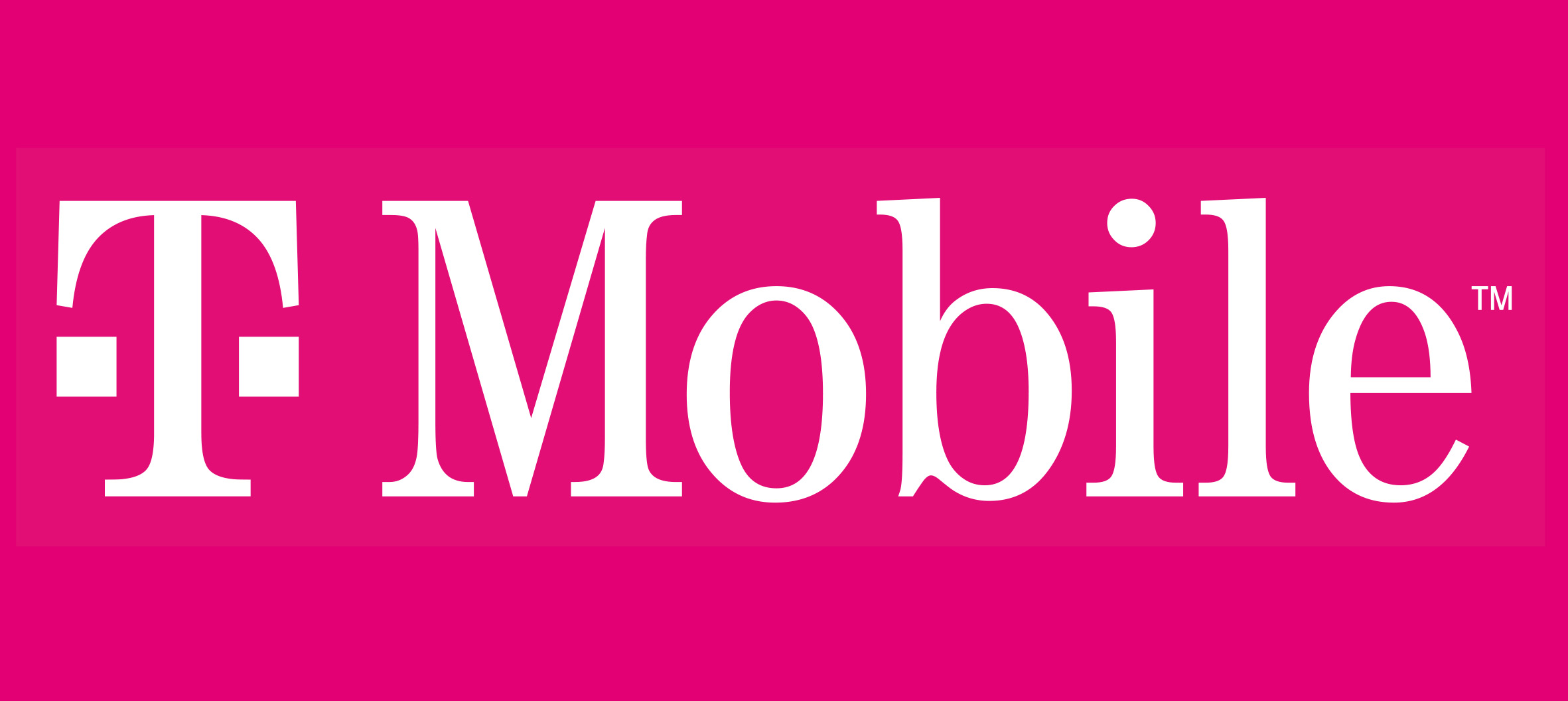How To Get a Bundle To Save a Bundle! (And Other Tips To Get Financially Fit)
To acknowledge Financial Wellness Month, we speak with a money and budgeting expert to see how you can bolster your bottom line through everything from building savings to the best streaming bundle in wireless. (Hint: T-Mobile has it!)

Even with the economy starting to show some signs of improving for many, there’s still plenty of worry among us when it comes to what’s in our wallets.
“I think there are a lot of positives that are on the horizon and we’re trending in the right direction,” says Chad Wolfe, a money coach and student loan specialist at the My Secure Advantage financial coaching program. “However, the majority of people I’m talking to are stressed. I think for the end user, it's still a challenge. Simply put, there’s still a lot of financial stress out there.”
For thirty five years, the financial gurus at MSA have been helping people manage their money, and are currently available to T-Mobile employees through the company’s wellbeing website LiveMagenta, which offers everything from physical and mental health services to MSA’s financial wellness coaching. Chad is one of the experts helping guide people to a healthier bank account during Financial Wellness Month — which lands annually in January — and beyond.
“I’ve provided a tried-and-true formula, what I call the five tips to financial health,” says Chad. “But, how we prioritize one versus the other might change. If the market is high, maybe we don’t want to leverage debt and we’re keeping cash. If the market is losing money, maybe we want to adjust something to be more conservative. There are nuances there for individuals and where they are in their financial journey, but following those five bullets, I think, always leads us in the right direction.”
Chad says the start of the year is always a good time to survey not just the market as it relates to your goals, but also the latest bundles and trending deals that can help us get more bang for our buck in the new year.
“For example, I have a nine-year-old, so we love our streaming services,” explains Chad. “But through T-Mobile’s latest plans we were able to bundle it together with our mobile service. I think self-care is important, and I know those extra dollars spent feel valuable to many like myself, but ensuring that we’re leveraging opportunities to get the most value out of our investment is a good exercise.”
Chad says ultimately we shouldn’t dismiss the lessons learned in leaner times. Here are his five tips for financial health in 2024.
Assess Your Year-To-Year Goals
Chad recommends people go through a kind of a retrospect of the prior year and do a goal-setting exercise for the coming year. In addition to reviewing if there are any new things that may have come up, he suggests also looking at your withholdings, to make sure those are optimized in January. Review your taxes to ensure you’re keeping track of those dollars and paychecks to save with or pay down debt. (More on that below.) Looking at net worth, he says see if you are up from where you were last year. Perhaps you need to adjust your risk tolerance or allocations on those investments.
Build a Buffer Fund
It is recommended to have three to six months of living expenses saved in an emergency fund to help you weather unexpected financial emergencies, such as a job loss or a major medical expense.
Pay Down Debt
If you have high-interest debt, such as a revolving credit card balance or a personal loan, try to make paying it down a priority, no matter how small of steps you take. This can help you save money in interest charges and free up more money in your monthly budget.
Fund for the Future
Contributing to an IRA can help you save for retirement and may also provide a tax deduction for traditional IRA contributions. For 2023, you have until April 15 to contribute, and the limit for traditional and Roth IRAs is $6,500, or $7,500 if you are 50 or older. If you have a high-deductible health plan, you may be eligible to contribute to a Health Savings Account (HSA). HSAs offer tax benefits, including tax-deductible contributions and tax-free withdrawals for qualified medical expenses.
Bundle with the Best
Data shows that when consumers feel the pinch, they tend to shed subscriptions in order to save. That includes things like streaming services. In fact, about one-quarter of U.S. subscribers to major streaming services have canceled at least three over the past two years. But Chad says if you’re strategic in how some services are bundled in order to receive discounts, you don’t necessarily have to give up some of the things you love in order to meet your budget.
For instance, T-Mobile offers the best entertainment bundle in wireless, with Hulu on Us recently joining Apple TV+ on Us and Netflix on Us already included with the company’s Go5G Next plan. Plus, T-Mobile customers can get free season-long subscriptions to MLB.TV every year. That adds up to over $35 per month — or $400 per year — just in streaming benefits. How’s that for a steady stream of savings?
To learn more about redeeming these benefits and more, visit: https://www.t-mobile.com/benefits

